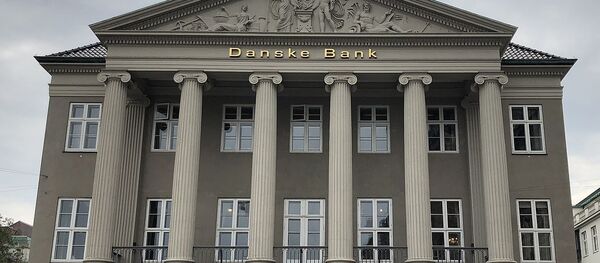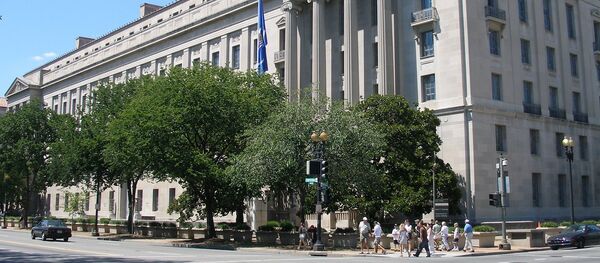Sputnik: A new technology will allow banks to track suspicious payments as they move around the world in a crackdown on bank transfer fraud. How successful will this technology be?
Sputnik: On the back of this, what other policies and commitments do we need to see from governments to significantly crackdown on money laundering and credit card fraud?
Nicholas Ryder: I think what we've seen with the publication of the recent mutually evaluating report by The Financial Action Task Force said last week, illustrates the great commitment from law enforcements agencies like the FCA, the MT and also the private sector; I think that the UK's model is in a good place. I think really it's about more improving cooperation but looking what else can be done. For example one of the key issues to me is the exchanging of information between the reporting sectors but also greater relationships between other bodies as well.
Sputnik: Ok and if we look at this story from the point of consumers, what can they do to protect themselves and limit the threat of these crimes?
Nicholas Ryder: I think for me a lot of this is about consumer awareness and for consumers, as more and more of us shop online for Christmas this year at this time of the year, it is about consumers being particularly aware of various websites in terms of exchanging their bank details.
I think for me one of the broader issues is the sort of millennials who will be more susceptible to things like cryptocurrencies and the fact that they currently aren't regulated by ME financial crime legislation within the UK, or even governed by the FCA. I think the government needs to carefully look at and address educational awareness posed by the particular money laundering and fraud, and what threat that can possibly pose to consumers. That's more of a long-term goal I think that an immediate answer.
The views expressed in this article are those of the speaker and do not necessarily reflect those of Sputnik.



